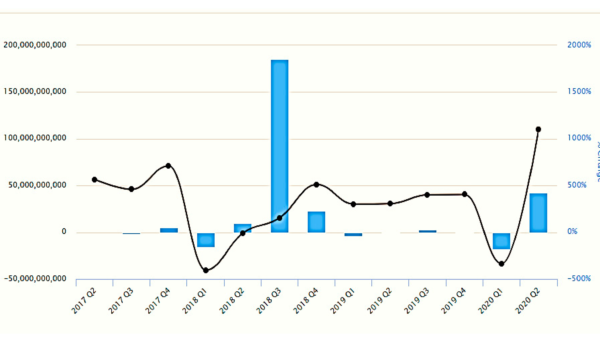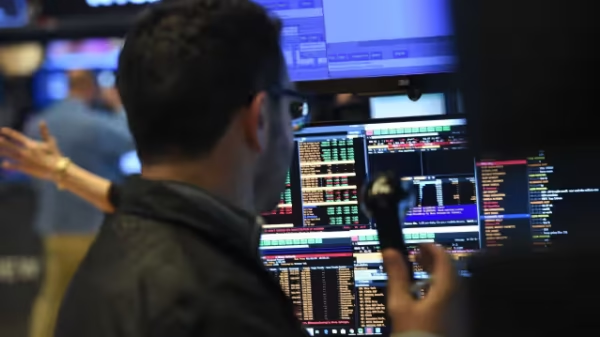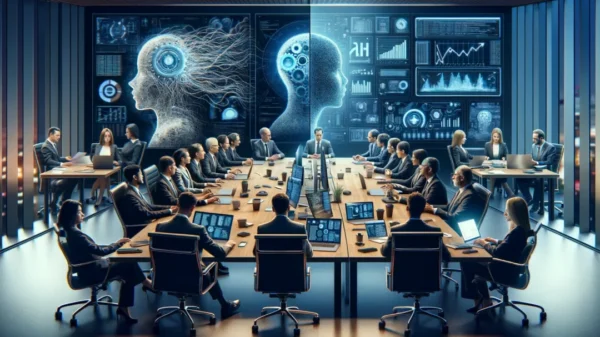The Importance of Water Conservation
Water is a precious resource that is essential for all life on Earth. However, with increasing population growth and climate change, the demand for water is outpacing its availability in many regions around the world. This has led to a growing need for innovative technologies and solutions to conserve water and ensure its sustainable use.
Smart Solutions for Water Conservation
Advancements in technology have paved the way for smart solutions that can help us conserve water more effectively. These solutions leverage the power of data and automation to optimize water usage and reduce wastage. Here are some of the key technologies that are making a difference:
1. Smart Irrigation Systems
Traditional irrigation methods often result in overwatering, leading to water wastage and inefficient use. Smart irrigation systems use sensors and weather data to determine the exact amount of water needed by plants, ensuring that they receive just the right amount at the right time. This not only saves water but also promotes healthier plant growth.
2. Water Monitoring and Leak Detection
Water leaks can go unnoticed for a long time, resulting in significant water loss. Smart water monitoring systems use sensors to detect leaks and abnormal water usage patterns in real-time. By promptly identifying and fixing leaks, these systems help conserve water and prevent unnecessary wastage.
3. Greywater Recycling
Greywater refers to wastewater generated from activities such as showering, laundry, and dishwashing. Instead of letting this water go to waste, greywater recycling systems treat and filter it for reuse in non-potable applications like toilet flushing and irrigation. By recycling greywater, we can reduce the strain on freshwater resources and minimize water wastage.
4. Water-Efficient Appliances
Household appliances such as washing machines, dishwashers, and toilets are becoming increasingly water-efficient. These appliances use less water per cycle without compromising on performance. By upgrading to water-efficient appliances, individuals and households can contribute to water conservation efforts without sacrificing convenience.
5. Smart Water Meters
Traditional water meters provide limited information about water usage, making it difficult for consumers to track and manage their consumption. Smart water meters, on the other hand, provide real-time data on water usage, allowing consumers to make informed decisions about their water consumption habits. This promotes awareness and encourages responsible water usage.
The Future of Water Conservation Tech
As technology continues to evolve, we can expect even more innovative solutions for water conservation in the future. From advanced water purification systems to smart city infrastructure, the possibilities are endless. However, it is crucial to remember that technology alone cannot solve the water crisis. It is equally important for individuals, communities, and governments to adopt water-conscious behaviors and policies to ensure a sustainable future.
By embracing smart solutions and making conscious choices, we can all contribute to the preservation of this precious resource and create a more water-secure world for generations to come.
































